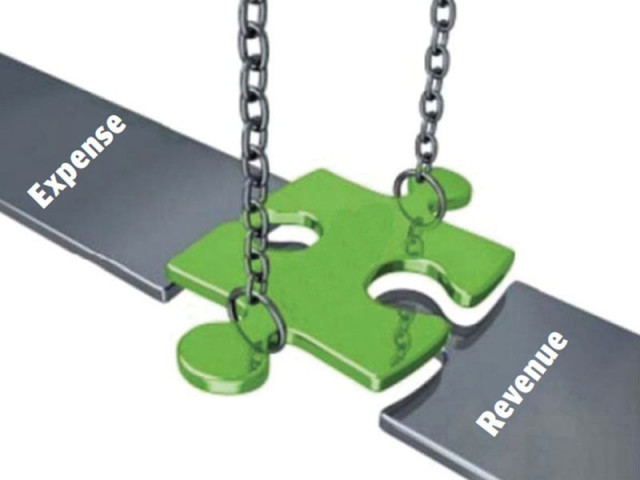Buying time: IMF offers $5b as govt looks to plug budget deficit
Facility is expected to be used to pay back previous loans of the donor institution.

The EFF facility will provide a window to return borrowed money in the next five to ten years, unlike the last $11.3 billion. PHOTO: FILE
The International Monetary Fund (IMF) has offered over $5 billion in loans under the Extended Fund Facility (EFF) to Pakistan, but the money is expected to help pay back existing IMF loans, leaving other fiscal financing requirements to be met through other international institutions.
Addressing his maiden press conference after returning from the United States, adviser to prime minister on finance, Dr Shahid Amjad said on Tuesday that during technical discussions the IMF has offered the EFF for a period of three to four years.
He said the EFF facility will provide a window to return borrowed money in the next five to ten years, unlike the last $11.3 billion Stand By Arrangement (SBA) under which every tranche has to be returned with interest in exactly three years. “The choice of the SBA was wrong and resulted in the current balance of payments vulnerability,” Amjad added. Describing the discussions, Amjad said that the IMF was willing to provide money to cover what Islamabad owes to the Fund, while the rest of the financing needs will be met separately by negotiating with other international financial institutions.
Amjad added that he had not made any commitments to the IMF. “I have brought back the IMF offer that will be shared with the prime minister and the cabinet. If alternative sources of financing are available, the new government may choose not to go for IMF,” said Amjad.
He added that in his view the IMF offer was a very positive development. Pakistan is facing the challenge of increasing external debt amortization amid fast declining foreign currency reserves that have come down to $6.4 billion by April 12 this year. The adviser said that if the new government agreed to accept the offer, the programme could be signed as early as this summer.
However, Amjad set aside questions about the required adjustments worth Rs 710 billion (levy of new taxes and cutting expenditures) needed for successful implementation of the programme. However, according to sources in the finance ministry, Pakistan’s gross financing requirements for the next fiscal year 2013-14 amount to $6.5 billion.
The sources further added that Pakistan would have to make tough fiscal adjustments to qualify for additional funding. They added that the IMF was asking for adjustments equal to 3% of GDP. Out of that Rs 590 billion or 2.5% worth new taxes will be levied over programme’s life and another Rs 120 billion cut would be incurred on expenditures, mainly on account of power subsidies.
Amjad forewarned that the “rich would have to bear the burden of adjustments,” as the amount collected through additional measures will be given back in the shape of social protection to the poor and low income groups through programmes like the Benazir Income Support Programme. Pacifying nerves, the advisor said that while the country had to make a $850 million payment to the IMF in May, followed by additional payments in July and September, the country was “in a position to make these payments.”
Economic situation
While giving a briefing on the economy, the advisor said that Pakistan’s economy performed reasonably well with current estimates of 4% growth demonstrating economic recovery.
He said that estimates showed that the budget deficit would be in the range of 6.9% to 7.3% of the GDP, which is 0.8% higher than the revised estimates of 6.5%.
Published in The Express Tribune, April 24th, 2013.



















COMMENTS
Comments are moderated and generally will be posted if they are on-topic and not abusive.
For more information, please see our Comments FAQ